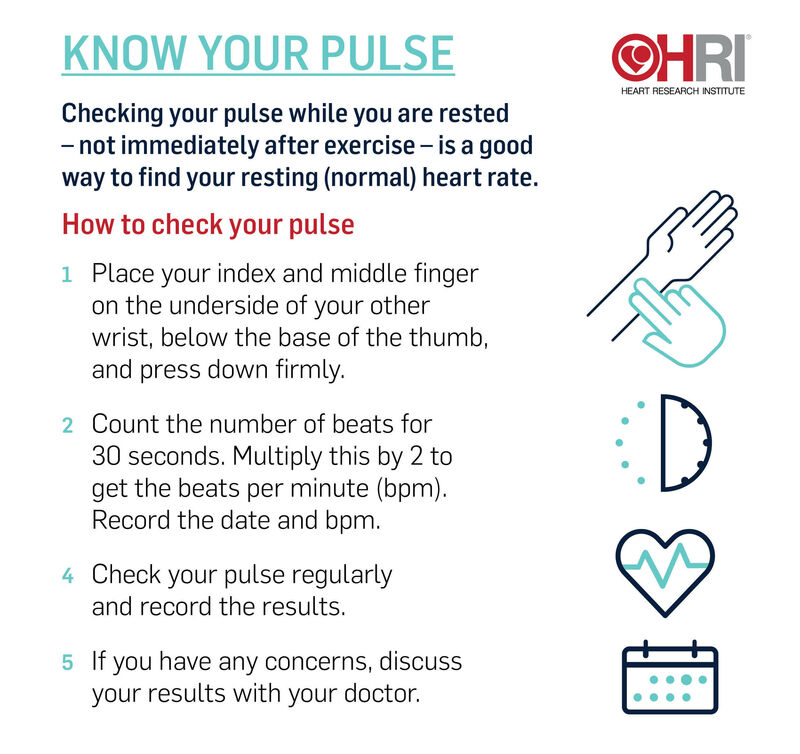A major report, published as the Frontiers Review in CIRCULATION, has confirmed a strong link between atrial fibrillation (AF) and dementia.
The Heart Research Institute's Heart Rhythm and Stroke Prevention Group Leader Professor Ben Freedman says doctors working together in the AF-SCREEN International Collaboration across 37 countries have found growing evidence to suggest a consistent association between AF, where the heart beats irregularly, and cognitive impairment and dementia.
"People with AF are at increased risk of dementia, and the link is independent of stroke and other risk factors," said Prof Freedman.
"Whether the link is causal is not yet known, but if we knew what to do in people with AF, we might be able to intervene, and reverse the cognitive decline before dementia, which would be a game changer," said Prof Freedman.
"What we do know is the prevalence of both dementia and AF is expected to increase with the aging population around the globe.
"Projections indicate the number of individuals with AF will increase by 150 per cent over the next four decades, while the incidence of dementia is expected to double every six years.
"It's therefore imperative we have more research in this area to find out why there's a link," he said.
Prof Freedman, who also founded AF-SCREEN International Collaboration, involving 190 members from around the world, said numerous observational studies over the past decade have found an association between AF and cognitive dysfunction ranging from mild impairment to overt dementia.
"The aim now is to identify knowledge gaps to focus research efforts to prevent or delay the onset of cognitive impairment and dementia associated with AF," said Prof Freedman.
"The relationship between the two is complex, because they share epidemiologic similarities and several risk factors including older age, hypertension, diabetes, sleep apnoea, coronary artery disease, obesity and excessive alcohol consumption. They also share stroke as a risk (preventable for AF) and risk factor for dementia.
"Earlier diagnosis of AF could be considered a strategy to prevent or delay dementia and stroke."
Australia is currently part of a five-year trialscreening 100,000 people in the UK and locally.
Prof Freedman said while AF itself may not be seen as dangerous by people who have it, it's important to diagnose and treat it because it increases the risk of other conditions, such as stroke and heart failure.
"In AF, blood circulates in the heart in an abnormal way so there is a tendency for clots to develop. These clots can break off and travel to all areas of the body in the bloodstream, and if a clot blocks the brain artery, this can cause a stroke," he said.
"Symptoms of AF include an irregular pulse, heart palpitations or a 'fluttering' heartbeat, dizziness, tiredness and weakness. However, people often have no symptoms at all or only experience symptoms some of the time.
"One in three people aged over 50 will develop AF during their lifetime - the issue is, most people have never heard of it, and that's problematic because it means they don't know to ask their doctor to check for it," Prof Freedman said.
Prof Freedman said AF is also a major cause of stroke and is more common in men than women.
"People can live suffering these small, silent strokes, and they don't even know they are having them. But while they might not notice them, over time they cause a cognitive decline.
"We need to increase awareness of AF, as only 11 per cent of people over the age of 65 are being regularly screened for AF by their GP despite it being a very simple test.
"Almost everyone who turns 65 should be getting a yearly pulse check. Cost isn't a factor - anyone can afford a pulse check."
The pulse check:
- To screen for AF, your doctor may do some tests including feeling your pulse or taking an electrocardiogram.
- While only your doctor can diagnose AF, you can keep an eye on your heart health by regularly checking your pulse.
- Your pulse can indicate how well your heart is working, how fast it beats, and its rhythm and strength. Keeping a record will help you notice if there is anything different or unusual with your results.
- A normal pulse, or resting heart rate, ranges from 60 to 100 beats per minute. Your pulse should beat steadily and regularly. A pause or extra beat now and then is normal, but if you notice it is quite irregular, speak to your doctor.

Other media coverage
ABC Radio National interview, 6 April 2022






